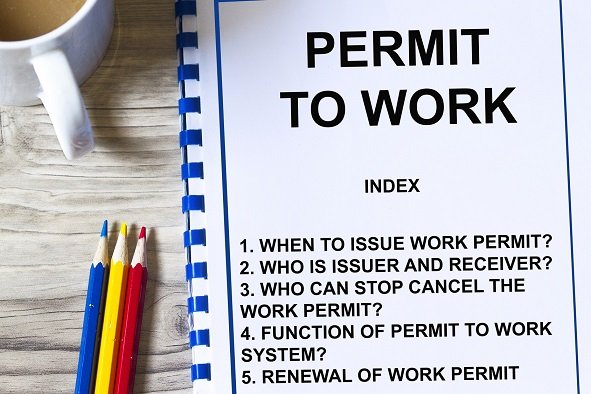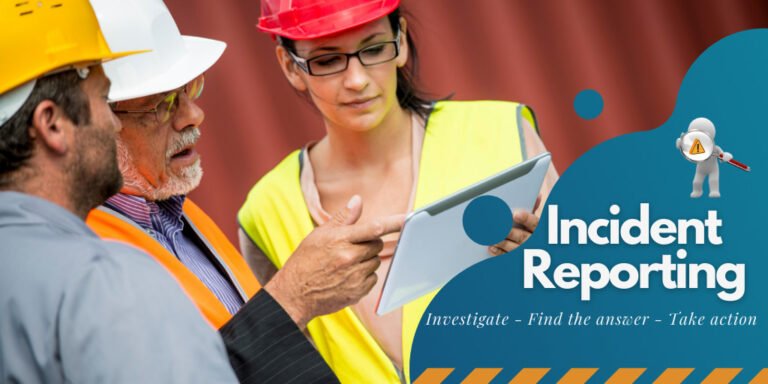Excavation and Trenching Safety – 12 Modules | One Day USD: 150/- and Two Day USD: 250/- Per Pax.
Description
Module 1: Introduction to Excavation and Trenching Safety
- Definition of excavation and trenching
- Common types of excavation work
- Importance of safety and regulatory standards (OSHA 1926 Subpart P)
Module 2: Hazards Associated with Excavation Work
- Cave-ins and soil collapse
- Falling materials, tools, and equipment
- Hazardous atmospheres, flooding, and underground utilities
Module 3: Legal and Regulatory Requirements
- OSHA and local authority standards
- Competent person requirements
- Permit-to-dig and notification procedures
Module 4: Soil Classification and Stability
- Types of soil (Type A, B, C) and their characteristics
- Methods for soil testing and classification
- Effects of moisture, vibration, and weather on soil stability
Module 5: Protective Systems in Excavations
- Sloping, benching, shoring, and shielding techniques
- Use of trench boxes and hydraulic supports
- Selection of the correct system for each job
Module 6: Excavation Planning and Risk Assessment
- Pre-excavation surveys and underground utility detection
- Risk assessment and control hierarchy
- Safe work method statements (SWMS) and job safety analysis (JSA)
Module 7: Access, Egress, and Barricading
- Safe ladder placement and access requirements
- Guardrails, barriers, and warning signage
- Preventing unauthorized entry into excavations
Module 8: Atmospheric and Environmental Hazards
- Monitoring for oxygen deficiency and toxic gases
- Control of water accumulation and flooding
- Impact of weather and environmental conditions
Module 9: Equipment and Material Handling Safety
- Safe positioning of heavy equipment near excavations
- Preventing collapse from vibrations or load placement
- Safe lifting and lowering of materials into trenches
Module 10: Inspection and Monitoring
- Daily inspections by the competent person
- Post-rainfall and after-shift inspection requirements
- Documentation and corrective actions
Module 11: Emergency Response and Rescue Procedures
- Steps to take in case of cave-in or entrapment
- Coordination with rescue teams and first responders
- Emergency communication systems and drills
Module 12: Roles, Responsibilities, and Continuous Improvement
- Duties of supervisors, workers, and safety officers
- Importance of training and toolbox talks
- Learning from incidents and improving safety performance
View more Courses
Hi, Welcome back!




